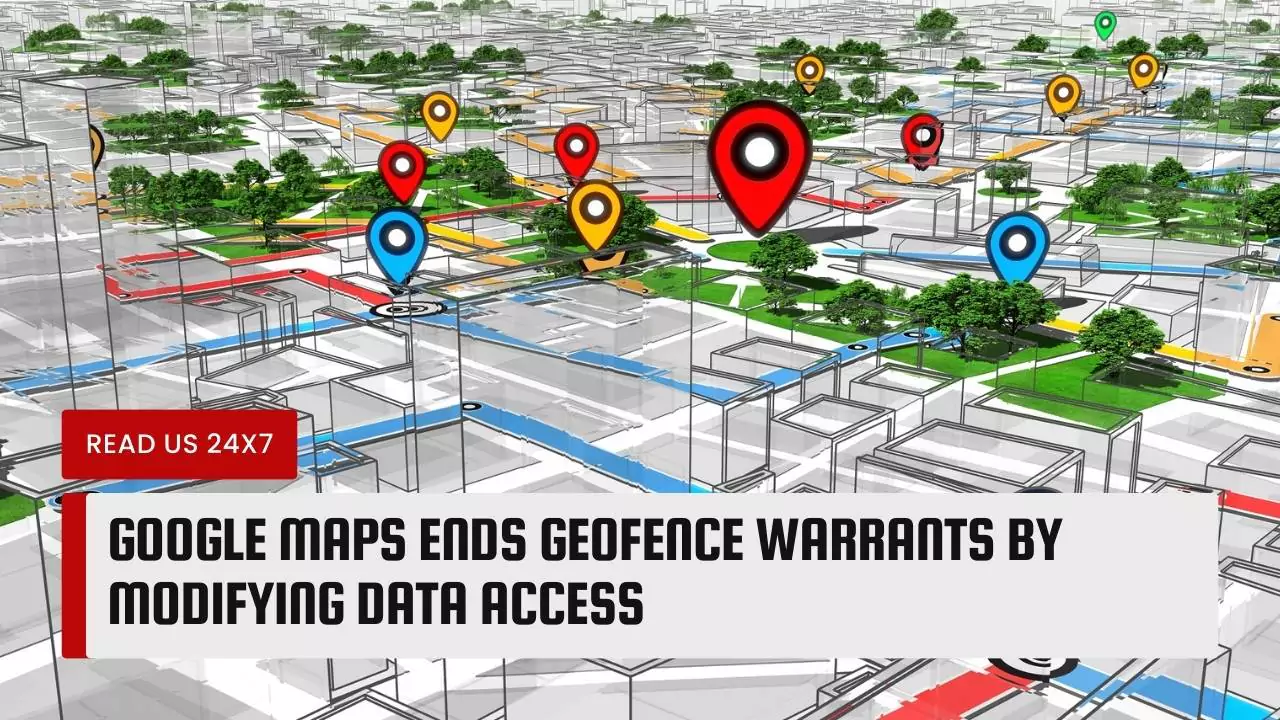Google Maps, one of the most popular navigation apps in the world, has announced a new policy that will limit the access of law enforcement agencies to its users’ location data. This move is aimed at protecting the privacy and civil liberties of millions of people who use Google Maps every day.
What Are Geofence Warrants and Why Are They Controversial?
Geofence warrants are a type of legal request that allows law enforcement agencies to obtain location data from Google and other tech companies for a specific area and time period. For example, if a crime occurred in a park between 2 pm and 4 pm, the police could ask Google to provide the location data of all the devices that were in the park during that time.
However, geofence warrants have been criticized by privacy advocates and civil rights groups, who argue that they violate the Fourth Amendment of the US Constitution, which protects people from unreasonable searches and seizures. Geofence warrants are also seen as a form of mass surveillance, as they collect the data of innocent people who happen to be in the vicinity of a crime scene, without any probable cause or individualized suspicion.
Google Maps’ New Protections for Location Data
In response to the growing concerns about geofence warrants, Google has decided to modify its Maps tool to make it more difficult for law enforcement agencies to access its users’ location data. According to Google, the new policy will:
- Change the way location data is stored on Google’s servers, so that it is not linked to specific users or devices, but rather to anonymous identifiers that change frequently.
- Enable users to store their location data on their devices, rather than on Google’s servers, giving them more control over their data and the ability to delete it at any time.
- Require law enforcement agencies to obtain a search warrant based on probable cause, rather than a geofence warrant based on a broad area and time period, before accessing any location data from Google.
Google claims that these changes will help mitigate the privacy concerns raised by geofence warrants, while still allowing law enforcement agencies to use location data for legitimate purposes, such as solving crimes and finding missing persons.
Impact on Law Enforcement and Consumers
Google’s new policy on location data will have significant implications for both law enforcement agencies and consumers. On one hand, law enforcement agencies will face more challenges and limitations in accessing location data from Google, which could hamper their investigations and reduce their efficiency. On the other hand, consumers will enjoy more protection and security for their location data, which could enhance their trust and confidence in Google and its services.
Google’s new policy on location data is a bold and unprecedented move that reflects the growing tension between privacy and security in the digital age. It also sets a precedent for other tech companies that collect and store location data, such as Apple, Facebook, and Uber, to follow suit and adopt similar measures to safeguard their users’ privacy and civil liberties.


